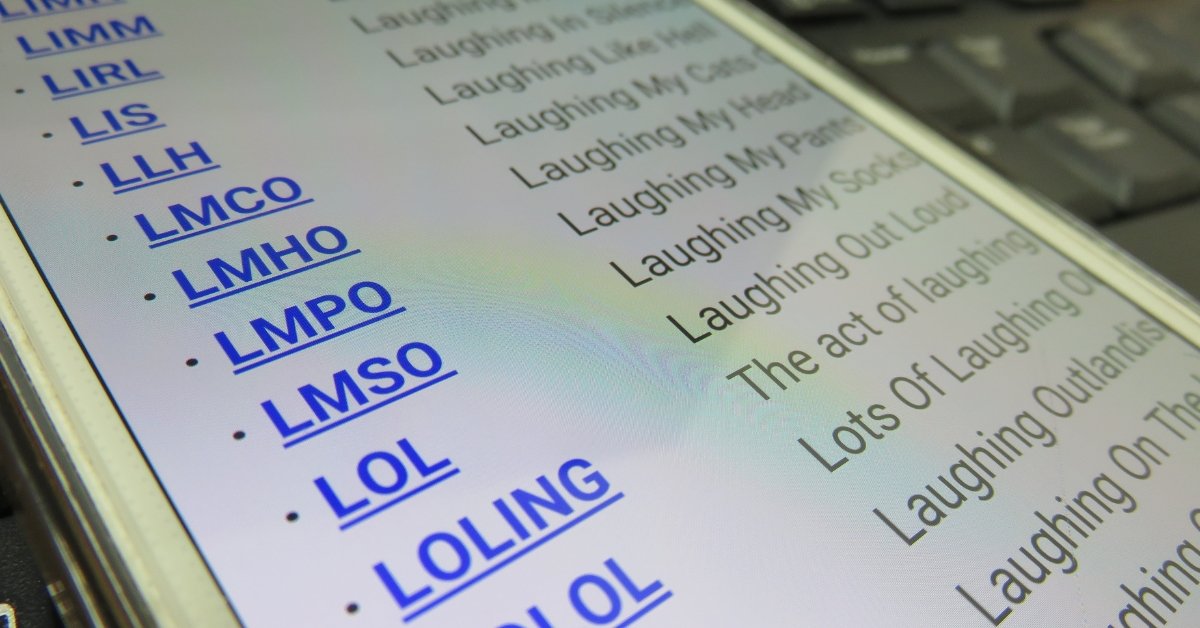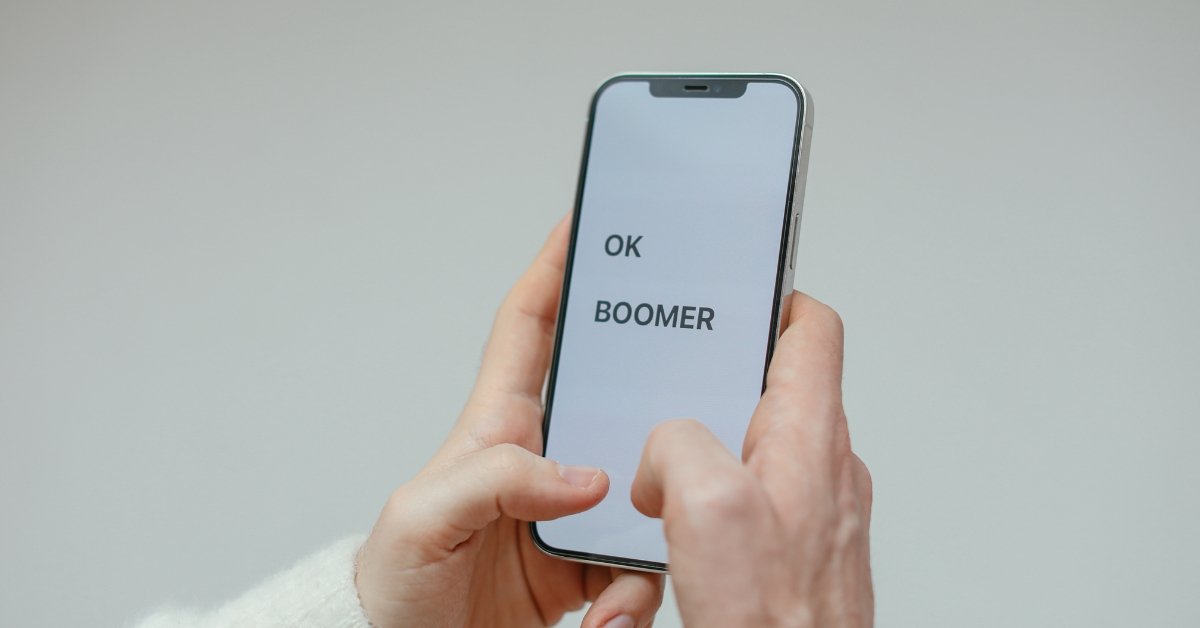Explore the fascinating evolution of internet lingo and how online language has transformed over the years. Stay updated with the latest trends and historical insights!
Table of Contents
Introduction
The internet has revolutionized how we communicate and birthed a new language.
This internet lingo has evolved rapidly, reflecting cultural shifts, technological advancements, and the ever-changing dynamics of online interactions.
From the early days of essential acronyms to the complex slang of today, let us take a journey through the evolution of online language and see how it has changed over the years.
The Early Days: Birth of Internet Slang
1. The 1990s: The Dawn of the Digital Age
The 1990s marked the beginning of widespread internet use. Early internet users adopted acronyms and shorthand to communicate more efficiently on slow dial-up connections and text-based interfaces during this time.
- LOL (Laugh Out Loud)
- BRB (Be Right Back)
- TTYL (Talk To You Later)
These early acronyms were born out of necessity, making communication quicker and easier in chat rooms and forums.
Interesting Trivia:
Did you know that LOL was first documented in the early 1980s, even before the internet became mainstream? It was used in online bulletin board systems (BBS) as early as 1989!
2. The Early 2000s: Instant Messaging and Emojis
The early 2000s saw the rise of instant messaging services like AOL Instant Messenger (AIM), MSN Messenger, and Yahoo Messenger. With these platforms, the need for quick and expressive communication grew.
- Emojis: Japanese mobile phones popularized emojis, which quickly spread globally. Emojis allowed users to express emotions and reactions without words.
- LMAO (Laughing My Ass Off)
- ROFL (Rolling On the Floor Laughing)
The Mid-2000s: Social Media and Viral Trends
3. The Rise of Social Media Platforms
With the emergence of social media platforms like Facebook, Twitter, and MySpace, internet slang began to evolve rapidly. Users needed new ways to express themselves in the limited character counts of tweets and status updates.
- OMG (Oh My God)
- BFF (Best Friends Forever)
- DM (Direct Message)
4. The Meme Culture
Memes became a significant part of internet culture in the mid-2000s. They often included unique slang and phrases that became popular through viral sharing.
- Rickrolling: A prank involving an unexpected appearance of the music video for Rick Astley’s “Never Gonna Give You Up.”
- Fail: Used to describe something that goes spectacularly wrong.
The 2010s: The Age of Mobile and Hashtags
5. The Mobile Revolution
Smartphones revolutionized internet communication, making it more immediate and visual. Mobile apps like Instagram, Snapchat, and WhatsApp became popular, leading to new slang and abbreviations.
- FOMO (Fear Of Missing Out)
- YOLO (You Only Live Once)
- TBH (To Be Honest)
6. Hashtags and Trends
Hashtags, first popularized on Twitter, became a way to categorize content and start trends. They also spawned new slang.
- #TBT (Throwback Thursday)
- #ICYMI (In Case You Missed It)
- #OOTD (Outfit Of The Day)
The 2020s: The TikTok Era and New Norms
7. TikTok and Short-Form Content
TikTok has brought a new wave of internet slang, especially among younger generations. Short videos and trends spread quickly, introducing new terms into the mainstream.
- No Cap: This means there is no lie or for real.
- Simp: Originally meant a person who does too much for someone they like.
- Cheugy: Describing something that is out of date or trying too hard.
8. Pandemic Influence
The COVID-19 pandemic has also influenced internet slang, as people spent more time online and needed new ways to communicate about their experiences.
- Quarantine and Chill
- Zoom Fatigue
- Blursday: Referring to days that blur together during lockdown.
Conclusion
The evolution of internet lingo is a testament to the dynamic and adaptive nature of online communication.
As technology advances and new platforms emerge, we can expect online language to keep evolving.
Staying updated with these changes keeps you in the loop and helps you connect better in the digital world.
Keep exploring, stay savvy, and enjoy the ever-changing landscape of internet lingo!
Enjoyed this dive into the history of internet slang?
Check out our other articles for more fascinating insights into the digital world.
Please share this post with your friends and help them stay updated too!






